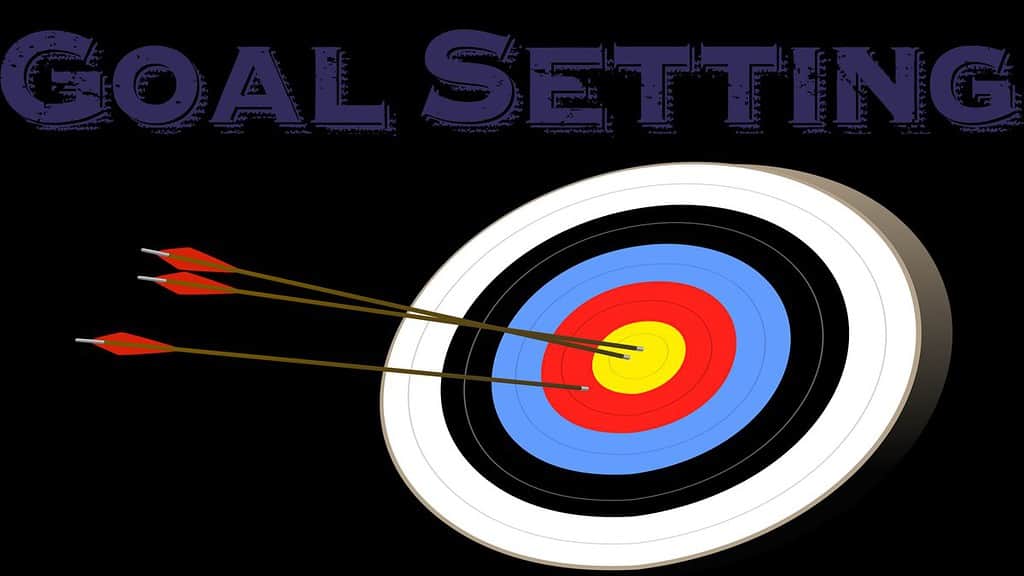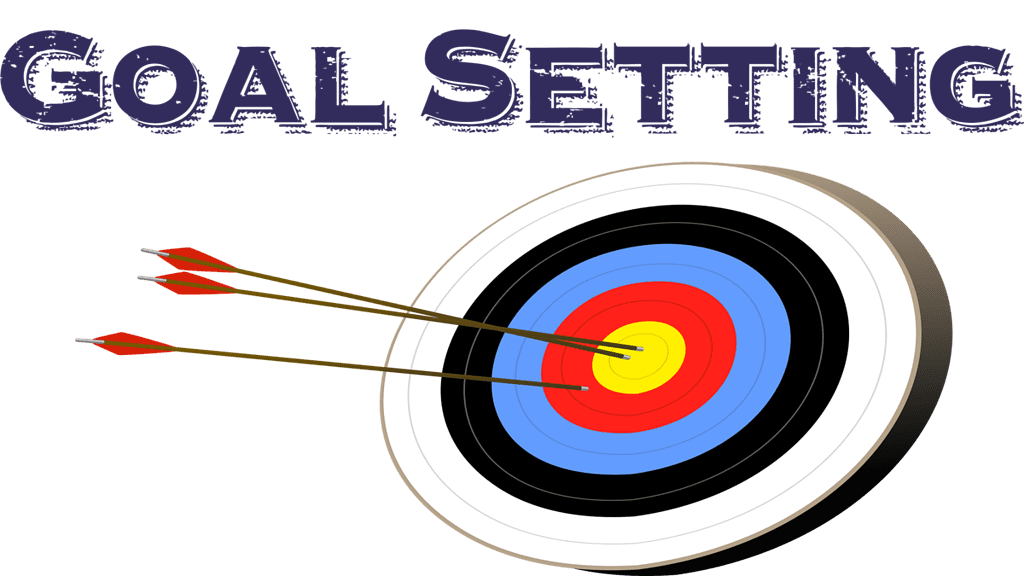
Goal setting is the process of defining specific, measurable, achievable, relevant, and time-bound (SMART) objectives that one wishes to achieve within a given timeframe. It involves identifying a desired outcome or results, developing a plan of action, and taking steps towards achieving those objectives. Setting goals is an essential component of personal and professional development, as it helps individuals to focus their efforts and work towards achieving a specific outcome. Effective goal setting can lead to increased motivation, greater productivity, and a sense of accomplishment.
Goal setting is important for several reasons:
Provides direction: goal Setting helps individuals to identify and clarify what they want to achieve. By defining specific objectives, individuals are better able to prioritize their efforts and focus on what is most important.
Increases motivation: When individuals have clear and achievable goals, they are more likely to feel motivated and committed to taking action to achieve them.
Improves performance: Goals provide a framework for measuring progress and evaluating performance. This helps individuals to identify areas where they need to improve and make necessary adjustments.
Enhances productivity: By goal setting , individuals are better able to manage their time and resources, which can lead to greater efficiency and productivity.
Provides a sense of purpose and accomplishment: Achieving goals provides individuals with a sense of satisfaction and accomplishment, which can boost their self-esteem and confidence.
Overall, goal setting is important because it helps individuals to achieve their desired outcomes, improve their performance, and enhance their overall sense of well-being.
Here are some steps to follow when setting goals:
Identify what you want to achieve: The first step in goal setting is to identify what you want to achieve. This could be a specific outcome or result that you wish to accomplish.
Make your goals SMART: To make sure that your goals are effective, they should be SMART: specific, measurable, achievable, relevant, and time-bound. This means that your goals should be clear, quantifiable, realistic, aligned with your values and purpose, and have a deadline.
Break down your goals into smaller steps: To make your goals more manageable, break them down into smaller steps or milestones. This will help you to stay motivated and focused on making progress towards your larger goal.
Develop a plan of action: Once you have defined your goals and broken them down into smaller steps, develop a plan of action for achieving them. Identify the specific actions that you need to take to reach each milestone, and set deadlines for each action.
Track your progress: Regularly monitor your progress towards your goals. This will help you to stay on track, make necessary adjustments, and celebrate your achievements.
Stay motivated: Stay motivated by reminding yourself of your goals and the reasons why they are important to you. Surround yourself with people who support and encourage you, and seek out resources and tools that can help you to achieve your goals.
By following these steps, you can set effective goals that will help you to achieve your desired outcomes and improve your overall performance and productivity.
Achieving your goals requires a combination of commitment, effort, and perseverance. Here are some tips to help you achieve your goals:
Stay focused: Keep your goals in mind and stay focused on the steps you need to take to achieve them. Avoid distractions that may hinder your progress.
Take action: Take action towards your goals on a regular basis. Consistent effort is key to achieving your objectives.
Stay motivated: Stay motivated by reminding yourself of the reasons why your goals are important to you. Visualize yourself achieving your goals and the benefits that come with it.
Celebrate your progress: Celebrate your achievements along the way. This will help to boost your confidence and keep you motivated.
Learn from setbacks: Setbacks and obstacles are a natural part of any journey. Learn from your mistakes and use them to make necessary adjustments to your plan.
Seek support: Seek support from friends, family, or a mentor who can provide you with guidance, advice, and encouragement.
Stay flexible: Stay open to making adjustments to your plan if necessary. Be willing to pivot and try new approaches if something isn’t working.
By following these tips, you can increase your chances of achieving your goals and realize your desired outcomes. Remember that success is a journey, and the effort you put in towards achieving your goals will be well worth it in the end.
Here are some frequently asked questions related to goal setting:
Why is it important to set goals?
goal Setting is important because it provides direction, increases motivation, improves performance, enhances productivity, and provides a sense of purpose and accomplishment. By setting specific, measurable, achievable, relevant, and time-bound goals, individuals can focus their efforts and work towards achieving a desired outcome.
What are the benefits of setting SMART goals?
SMART goals are specific, measurable, achievable, relevant, and time-bound. The benefits of setting SMART goals include increased clarity, greater focus, better planning, improved performance, increased motivation, and a greater sense of accomplishment.
How do you stay motivated when working towards a goal?
To stay motivated when working towards a goal, it’s important to remind yourself of the reasons why the goal is important to you, visualize yourself achieving the goal, break down the goal into smaller steps, celebrate your progress, and seek support from friends, family, or a mentor.
What are some common obstacles to achieving goals?
Common obstacles to achieving goals include lack of motivation, fear of failure, procrastination, lack of time, lack of resources, and negative self-talk. It’s important to identify and address these obstacles to overcome them and achieve your desired outcomes.
What are some effective goal-setting techniques?
Effective goal-setting techniques include creating a vision board, writing down your goals, breaking down your goals into smaller steps, tracking your progress, visualizing yourself achieving your goals, seeking support from others, and using positive self-talk.
Conclusion
In conclusion, goal setting is an essential aspect of personal and professional development. It allows individuals to define their objectives and work towards achieving desired outcomes. Setting specific, measurable, achievable, relevant, and time-bound goals helps to increase motivation, improve performance, enhance productivity, and provide a sense of purpose and accomplishment. By following effective goal-setting techniques, staying motivated, and learning from setbacks, individuals can overcome obstacles and achieve their goals. Remember that goal setting is a continuous process that requires commitment, effort, and perseverance. With a clear vision and a well-defined plan, anyone can achieve their goals and realize their full potential.

